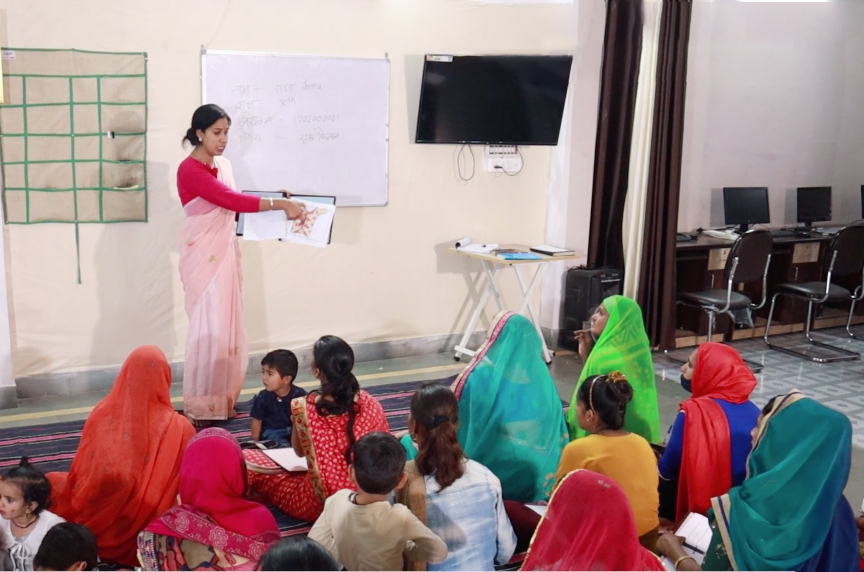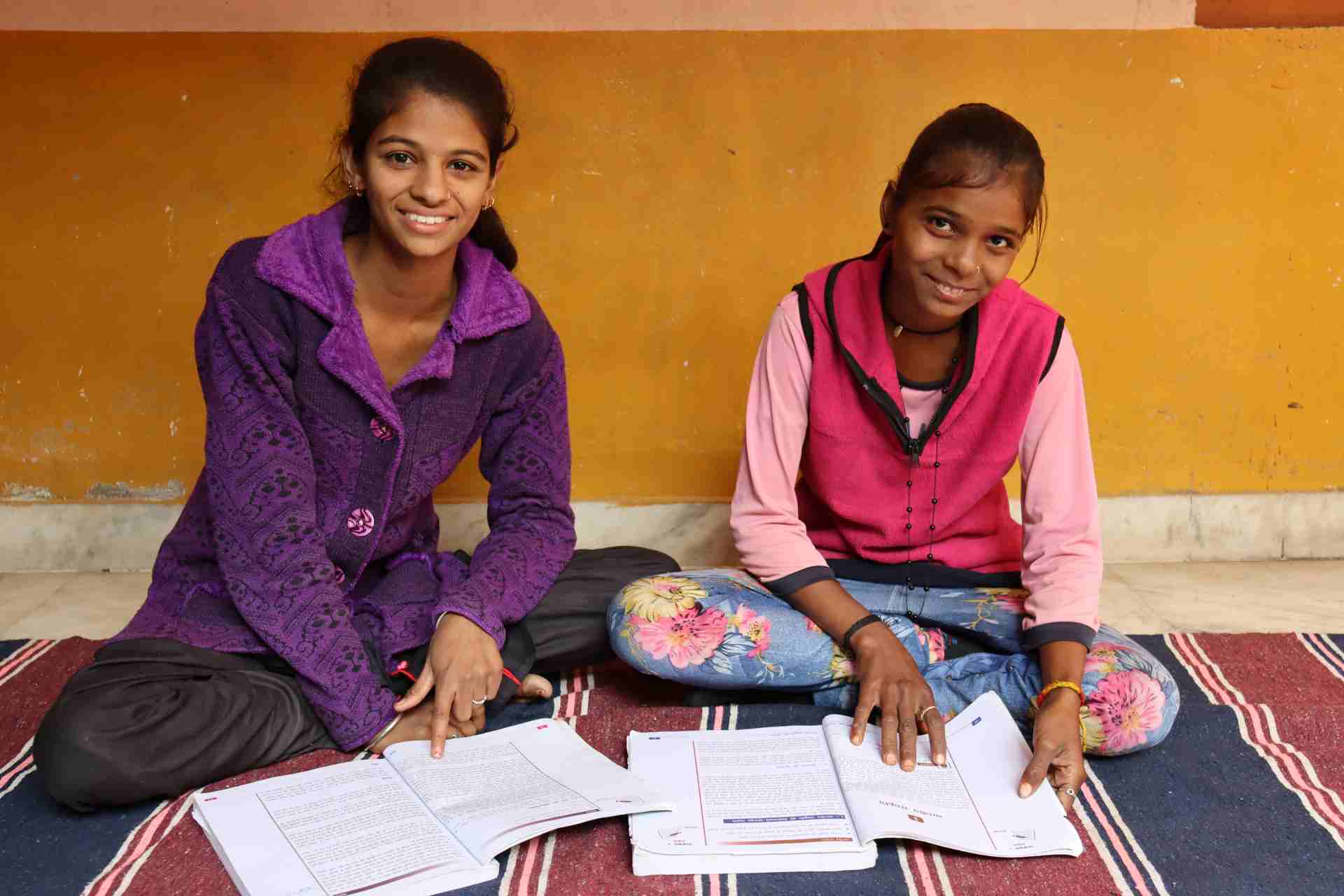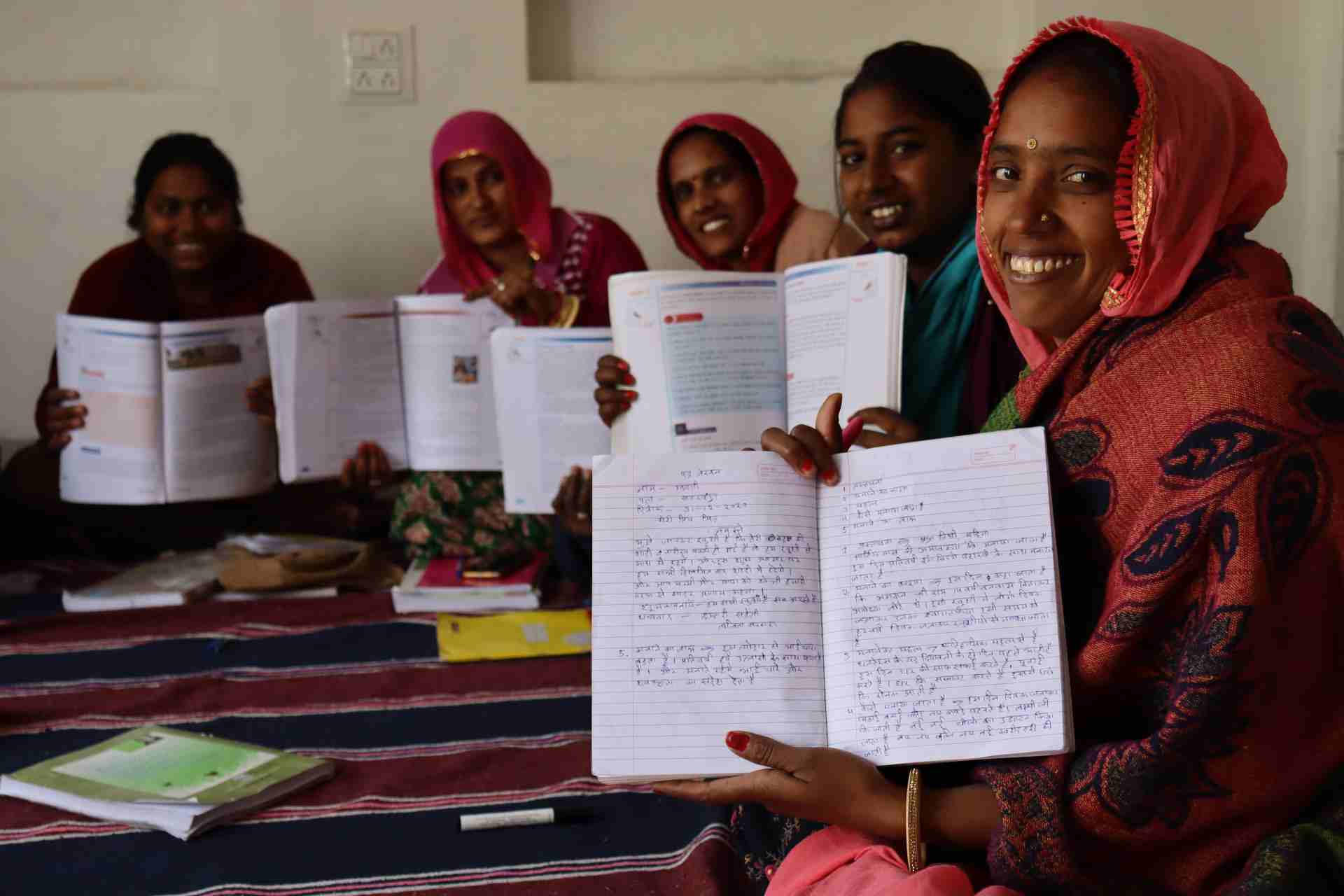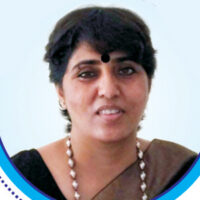Second Chance Education (SCE) Programme

For most girls and women in remote villages of Rajasthan, access to higher education is still a distant dream. Education is the basic requirement for human development. With education, come employment opportunities and the chance to earn an income. The development of an individual and the progress of a nation depends on education.
Education is vital to the development and growth of a child, and in preparing him/her to be a responsible, intelligent, and capable citizen. Education is also equally important to improve women’s status and autonomy. It enhances one's confidence and decision-making power within the household.






